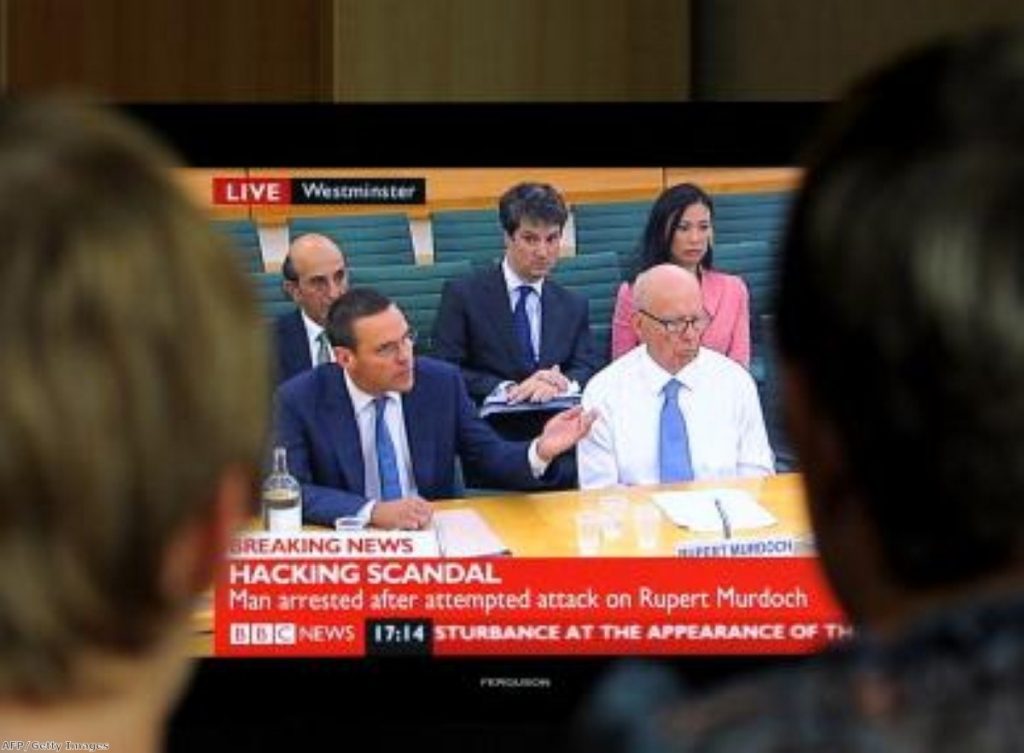Phone-hacking round two: MPs round on James Murdoch
By Ian Dunt Follow @IanDunt
James Murdoch is likely to be recalled to parliament to address inconsistencies over his evidence to MPs, following new developments in the phone-hacking scandal.
The culture, media and sport committee met to decide whether to recall Mr Murdoch after receiving contradictory evidence from Colin Myler, former News of the World editor, and Tom Crone, former News International legal officers.
The two men, who broke ranks with the Murdochs following their committee appearance last month, recently put out a statement calling much of James Murdoch's testimony into question.


They have both been called to give evidence to the committee, with MPs making it clear that Mr Murdoch is highly likely to also be called back after they have given evidence.
"We are very specifically looking at whether parliament has been misled," chair John Whittingdale told reporters.
"We have seen accounts that are completely different and contradict each other.
Mr Crone and Mr Myler said they had told Mr Murdoch of an email to Neville Thurlbeck, chief reporter, which contained transcripts of hacked voicemails.
Mr Thurlbeck was active at the newspaper when it published a story about football executive Gordon Taylor, who later won a substantial payout from the newspaper.
Speaking to the committee, Mr Murdoch said he was not in possession of all the facts when he signed off the payment.
"Did you see or were you made aware of the full Neville email, the transcript of the hacked voicemail messages?" Mr Watson asked Mr Murdoch at the committee hearing.
"No, I was not aware of that at the time," Mr Murdoch replied.
Mr Crone and Mr Myler's statement reads: "Just by way of clarification relating to Tuesday's CMS [culture, media and sport] select committee hearing, we would like to point out that James Murdoch's recollection of what he was told when agreeing to settle the Gordon Taylor litigation was mistaken.
"In fact, we did inform him of the 'for Neville' email which had been produced to us by Gordon Taylor's lawyers."
Mr Murdoch put out a statement saying: "I stand behind my testimony to the select committee."
Much of Mr Murdoch's explanation of events relies on the fact that he only learnt of the new evidence around phone-hacking in January this year, when the various civil cases started producing information which was eventually handed to police, triggering Operation Weeting.
Mr Murdoch will be keen to argue that he was unaware of information suggesting phone-hacking was systemic before this time because it would contradict the company's long-held line that that it was the work of a rogue reporter.
The suggestion that Mr Murdoch saw the full email would also encourage those who believe the pay-out was designed to stop new information coming out in court.









